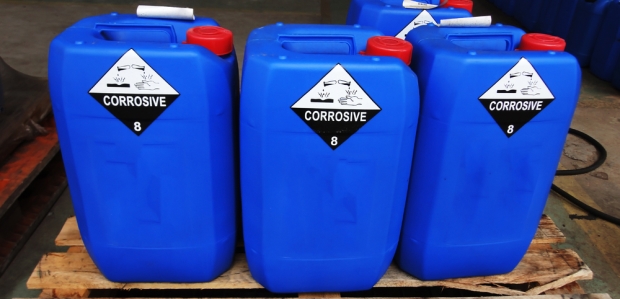The Hall 7a stage features everything from fire protection and PPE demonstrations to ASSE sessions on "solving the mystery" of U.S. safety and health standards.
Attendees get eyeful of the latest workwear and products, even rolling ladders, from 11 companies at this year's daily fashion shows.
The ANA has asked nurses to get the flu vaccine as well as advise their patients to do the same.
"This is where the world gets together in terms of occupational safety and health," Germany's Federal Minister of Labour and Social Affairs Andrea Nahlers said during her opening keynote.

The program, introduced during AIHA’s conference in Orlando, is intended to teach young workers about safety and health.
AIHA now provides an online Mold Resource Center as a reference guide.
BMW recently decided to treat mobile work the same as office work, German Federal Minister of Labour and Social Affairs Andrea Nahles said.
A+A 2015, the 30th safety trade fair in the series, kicked off Oct. 27 in the sprawling fairgrounds of Düsseldorf, Germany, with more than 1,800 exhibitors eagerly awaiting the crowds.
The Financial Times has obtained documents revealing Europe’s top environmental regulator raised concerns years ago.

It is May 31, 2018, and companies manufacturing or importing existing substances in volumes between 1 and 100 tonnes per year are affected. (A tonne equals 1,000 kilograms, or about 2,204 pounds.)

One Congress event will be focused on the construction industry: "Age-Appropriate Workplace Design in the Construction Industry." And ergonomic workplace design will be highlighted in Hall 10 at the trade fair with the heading "Health at Work."
The passenger rail company obtained $275 million of protection to insures against damage to its infrastructure in the Northeast Corridor from a natural disaster's storm surge, wind, or earthquake.

This follows the agency's December 2014 symposium about the causes of tire disablement, the role of recalls and consumer awareness, and advances in tire technology.
As Hurricane Patricia makes landfall, it's important to consider worker safety in dangerous conditions.
The UN headquarters in New York City is being lit up for two nights Oct. 23-24, the latter day being UN Day, which marks the anniversary of the entry into force of the UN Charter.
A partnership between Black & Veatch Construction Inc. and OSHA will protect workers for the Oregon Clean Energy Center in Oregon, Ohio.
OSHA has proposed $60K in fines for the Georgia-based company.